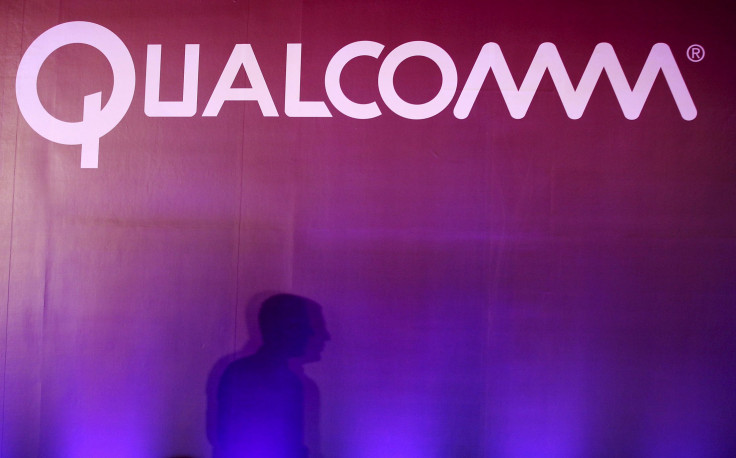Qualcomm Forced Apple To Use Its Hardware, FTC Lawsuit Says

Telecommunications hardware manufacturer Qualcomm forced Apple to exclusively use its products, according to a lawsuit filed by the Federal Trade Commission (FTC) on Tuesday.
The news that Apple was tied to an exclusivity agreement to Qualcomm from 2011 to 2016 is one of several accusations the FTC directed at the parts company. According to the complaint, Qualcomm also forced companies to pay it extra royalties for products that used hardware from competitors and refused to license standard patents for use to competitors.
In the statement, the FTC accused the company of fostering anti-competitive and monopolistic behavior in the smartphone component market that hurts general consumers.
“By threatening to disrupt cell phone manufacturers’ supply of baseband processors, Qualcomm obtains elevated royalties and other license terms for its standard-essential patents that manufacturers would otherwise reject,” the FTC said in a statement.
“These royalties amount to a tax on the manufacturers’ use of baseband processors manufactured by Qualcomm’s competitors, a tax that excludes these competitors and harms competition. Increased costs imposed by this tax are passed on to consumers, the complaint alleges,” the FTC added.
In a statement, Qualcomm blasted the FTC’s complaint and argued for the soundness of its business practices.
“Qualcomm believes the complaint is based on a flawed legal theory, a lack of economic support and significant misconceptions about the mobile technology industry. The complaint seeks to advance the interests and bargaining power of companies that have generated billions in profit from sales of products made possible by the fundamental 3G and 4G cellular technology developed by innovators like Qualcomm,” the company’s post said.
The case highlights how Qualcomm gained its prominence in the smartphone hardware and semiconductor market. As Bloomberg notes, most of the company’s profits come from licensing its existing patent library for basic smartphone applications to other manufacturers. Through standards-setting industry agreements, hardware companies have generally compromised to license patents on terms that are still competitive for both parties.
However, Qualcomm’s aggressive stance has earned the company regulatory scrutiny. Along with the current U.S. case from the FTC, South Korea’s Fair Trade Commission fined the manufacturer $853 million in a December suit over similar contractual moves that included refusing to share patents and forcing competitors into unfavorable contracts.
© Copyright IBTimes 2025. All rights reserved.




















